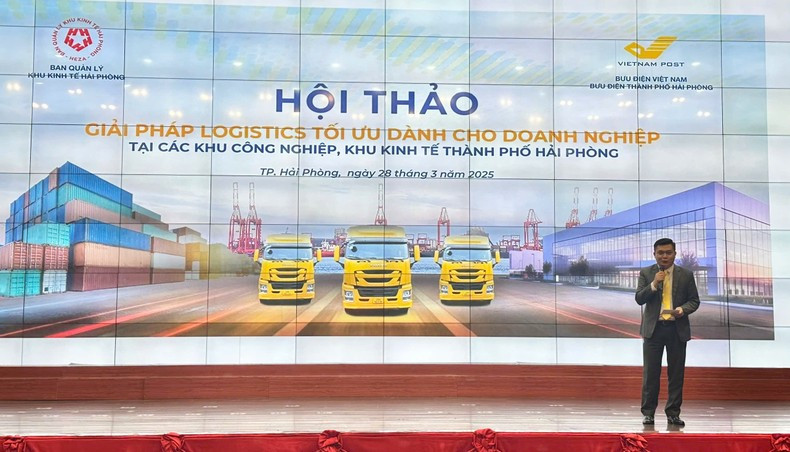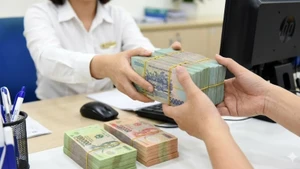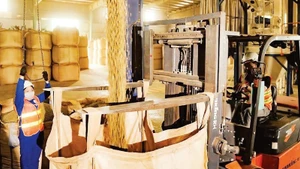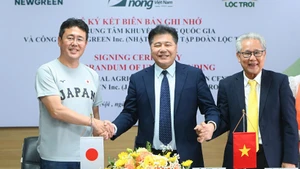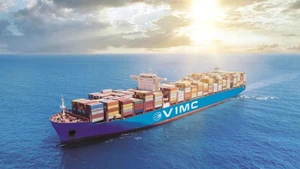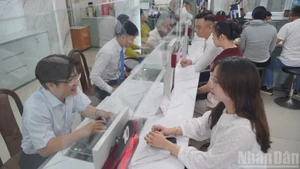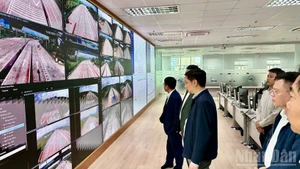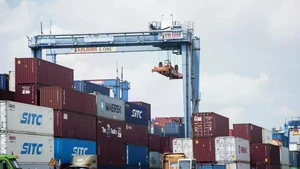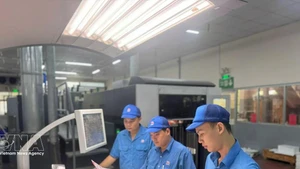The workshop provided an opportunity for policy makers, experts, service providers and the business community to exchange and share experiences as well as propose feasible solutions to reduce logistics costs and enhance supply chain connectivity.
The workshop also discussed logistics solutions linked to green transformation and sustainable development.
In Hai Phong, universities have established specialised programmes in logistics and supply chain management.
Vocational schools have also implemented practical training programmes in partnership with businesses, helping students gain real-world exposure and enhance their professional capabilities.
The city has also strengthened international cooperation in logistics training with countries that have strengths in logistics such as Japan, the Republic of Korea, and Germany.
Bui Ngoc Hai, Deputy Head of the Hai Phong Economic Zone Management Board, stated that the city has developed and implemented modern and synchronised logistics planning with a focus on developing large-scale logistics centres such as Dinh Vu-Cat Hai, Nam Dinh Vu, and VSIP.
However, delegates also acknowledged that Hai Phong’s logistics industry has not yet developed commensurate with its potential and role as a maritime economic centre and gateway for international trade.
Logistics costs in Vietnam, especially in Hai Phong, remain high compared to other countries in the region, creating significant challenges for businesses in enhancing their competitiveness.
One of the main causes is the loose linkage in the supply chain between businesses. The relationship between logistics companies and manufacturing and import-export enterprises is currently mainly characterised by partial cooperation, not yet developing into strategic relationships.
Many businesses have not leveraged each other’s advantages to optimise the supply chain. In particular, the use of products and services remains limited within local business groups, thus failing to create synergistic strength to promote sustainable development of the logistics industry.
Le Quoc Anh, Deputy General Director of Vietnam Post, said that the company is ready to serve businesses in Hai Phong with tailored logistics solutions.
He added that when each business and each industry act together, the goals of sustainable development, independence, self-reliance, and deep integration will no longer be distant.
Hai Phong aims to build closed supply chain models, promote digital technology applications, develop soft infrastructure, and focus on training high-quality human resources to meet the increasingly stringent requirements of domestic and international markets.
The solutions identified by delegates at the workshop will not only help reduce logistics costs but are also prerequisites for Hai Phong to realise its goal of becoming a modern, efficient, and world-class logistics centre in the near future.
